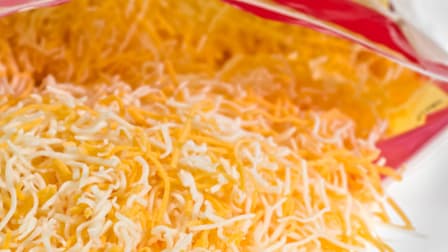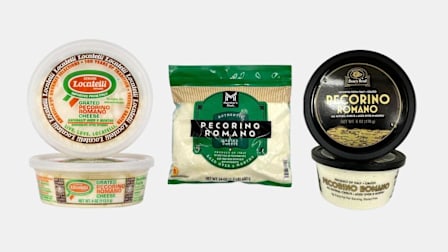A Walmart spokesperson said the product had been removed from stores. If you purchased this shrimp, don’t eat it. Dispose of it and go to any Walmart store for a full refund, the spokesperson said.
The FDA hasn’t received any reports of illness related to this product so far, an agency spokesperson told Consumer Reports. According to the Centers for Disease Control and Prevention, people are exposed to low levels of Cs-137 on a daily basis because it is present in the environment from weapons testing in the 1950s and 1960s.
The problem was discovered after U.S. Customs and Border Protection officials detected Cs-137 in shipping containers used by BMS Foods at four U.S. ports. BMS Foods is the country’s largest Indonesian shrimp supplier, according to the agriculture intelligence firm Expana.
The FDA tested samples of five shrimp products from BMS Foods and found Cs-137 in a sample of breaded shrimp. The levels were low but could present a health concern if the shrimp was eaten over an extended period, the FDA said in its notice.
The Walmart product wasn’t part of this testing, and the FDA said that so far, no products for sale in the U.S have tested positive for the contaminant. But according to the agency, it appears that the Walmart product was “prepared, packed, or held under insanitary conditions whereby it may have become contaminated with Cs-137 and may pose a safety concern.”
On August 21, the FDA announced that Southwind Foods has recalled certain lots of five brands of raw and cooked frozen shrimp, also for possible contamination with Cs-137.
The FDA spokesperson said the agency was investigating the problem and was working with BMS Foods to identify all potentially affected products. The FDA will post more information here as it becomes available.





